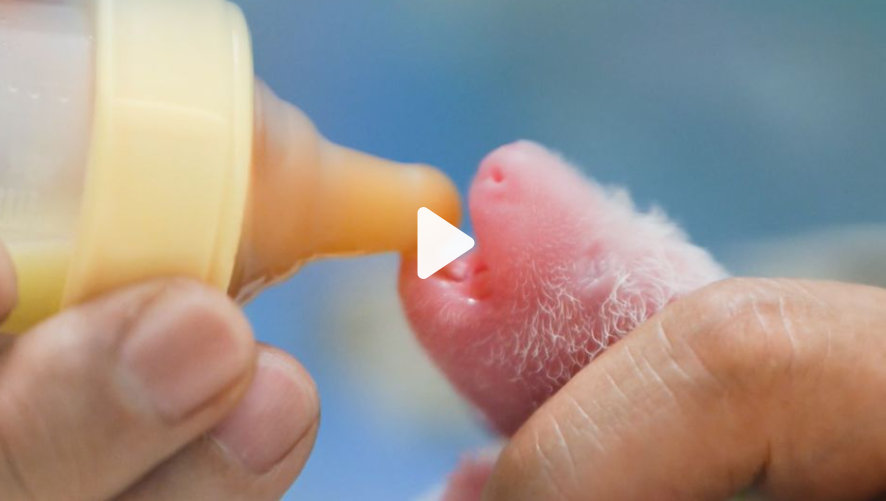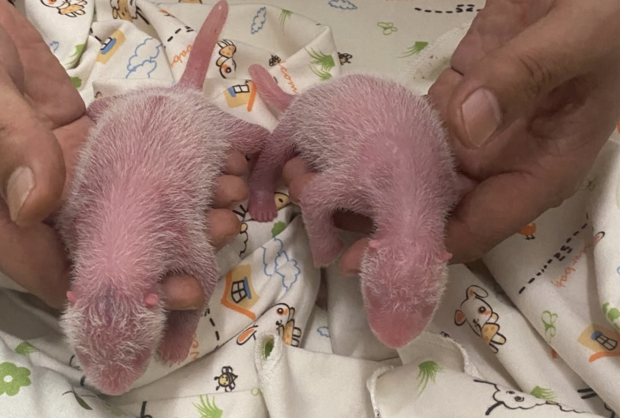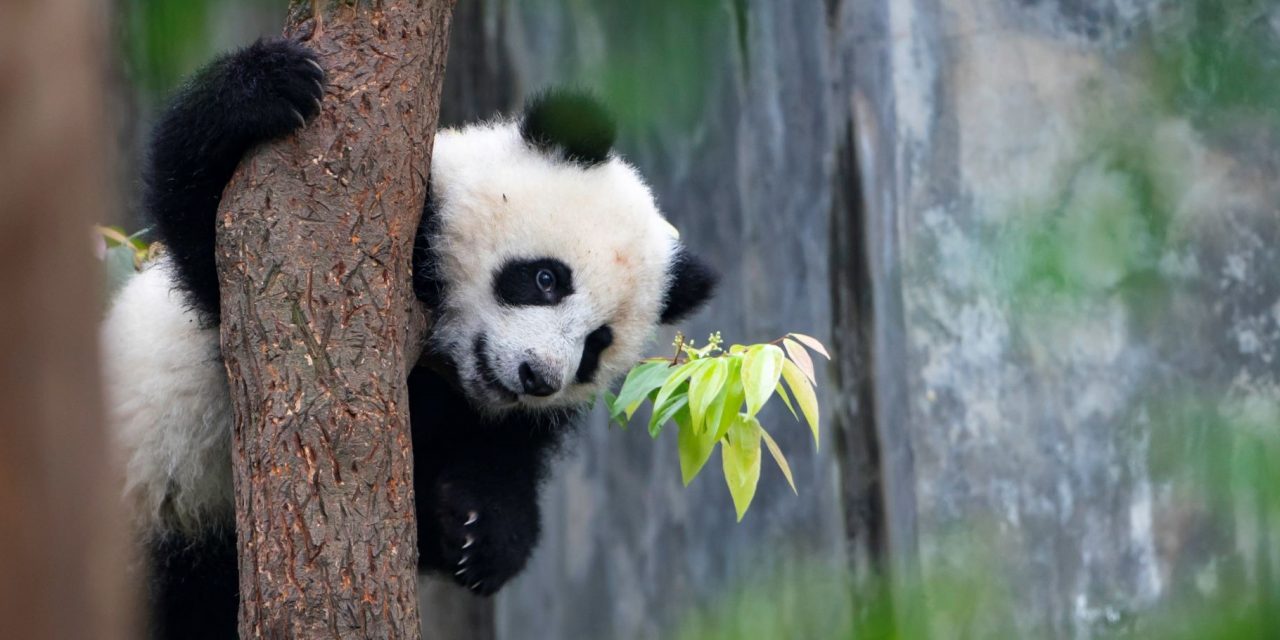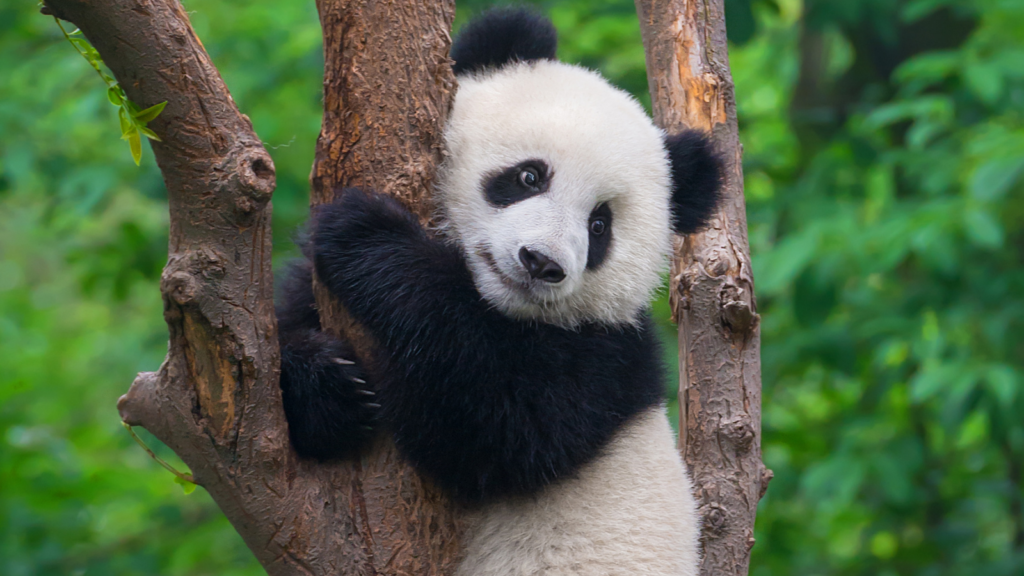Ying Ying, a 19-year-old giant panda residing at Ocean Park Hong Kong, has made history by giving birth to twins.
That’s the equivalent of 57 in human years.

Becoming the oldest first-time panda mother on record.
The remarkable event has captured the hearts of many, as giant pandas are known for the challenges they face in breeding, especially in captivity.
Ocean Park shared the joyous news on social media, highlighting the uniqueness of Ying Ying’s accomplishment.
“This birth is a true rarity, especially considering Ying Ying is the oldest giant panda on record to have successfully given birth for the first time,” the park posted.
The announcement has sparked widespread celebration and admiration for the resilient mother.

As a first-time mother, Ying Ying understandably experienced some anxiety during the birthing process.
According to Ocean Park, she spent much of her time lying on the ground, twisting and turning, as she navigated the unfamiliar experience.
Despite her nerves, Ying Ying’s instincts kicked in, guiding her through the delivery of her precious cubs.

The birth of the twins is particularly significant given the challenges giant pandas face in reproduction.
Classified as a vulnerable species, giant pandas have a notoriously difficult time mating, especially in captivity.
Female pandas only ovulate once a year, making successful births like Ying Ying’s all the more extraordinary.
Currently, an estimated 1,800 giant pandas are living in the wild, mostly in the mountainous regions of western China.
Pandas becoming extinct
In captivity, there are around 600 pandas, with each successful birth providing a beacon of hope for the species’ survival.

Ying Ying’s newborn cubs are currently receiving round-the-clock care from the dedicated team at Ocean Park.
The park has expressed particular concern for the female cub, who requires special attention due to her lower body temperature, weaker cries, and reduced food intake after birth.
The park’s team remains vigilant, doing everything they can to ensure the cubs thrive under their care.












